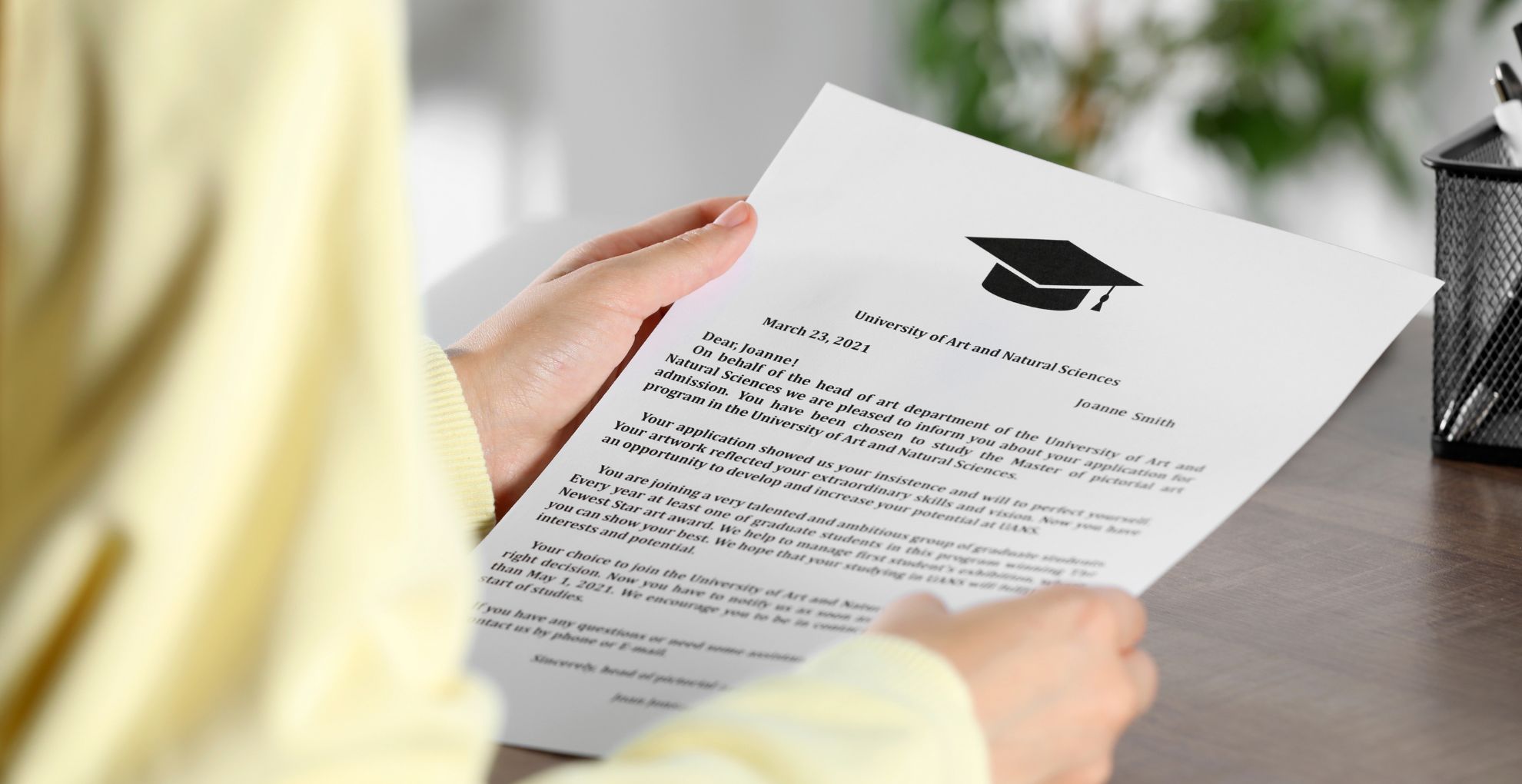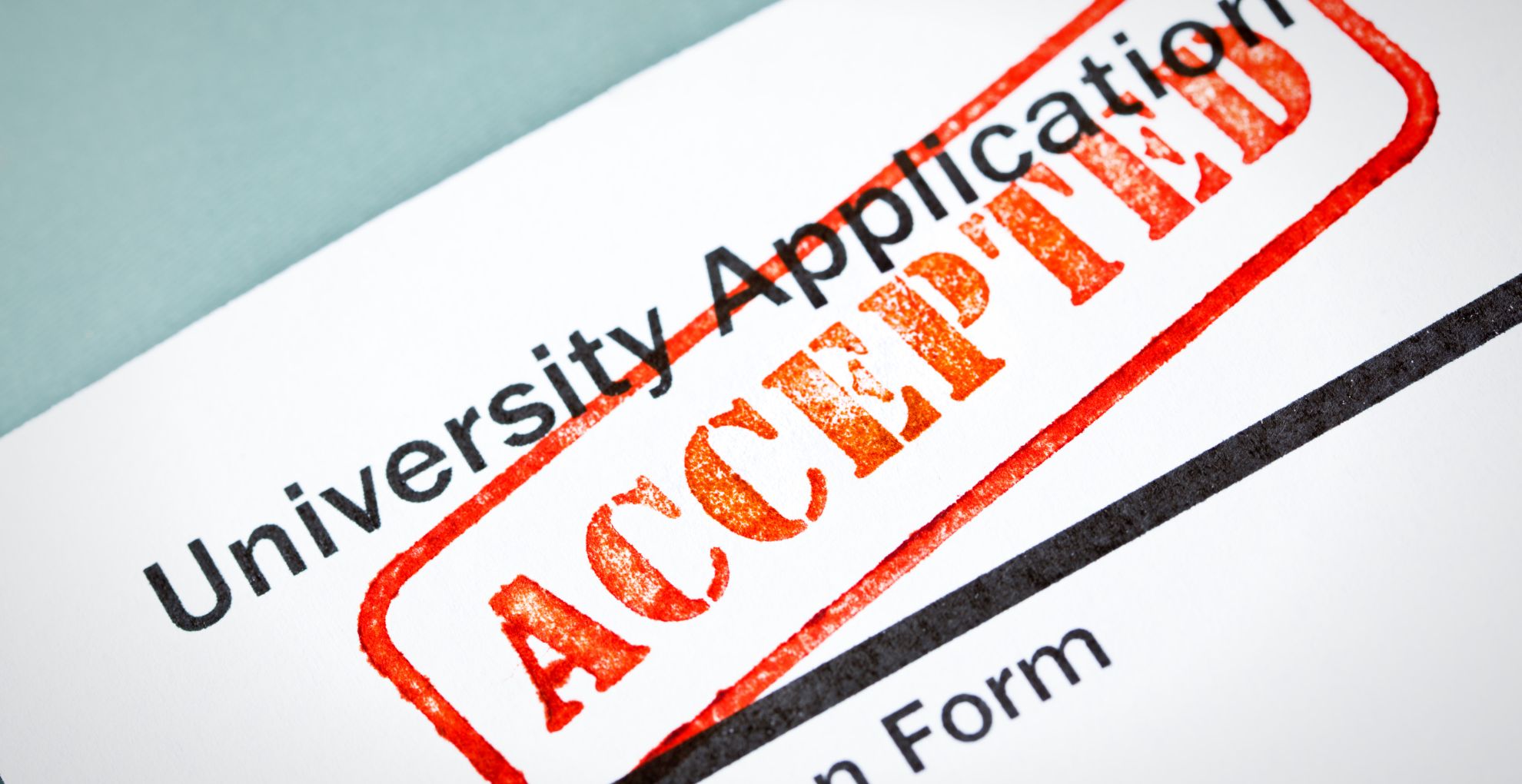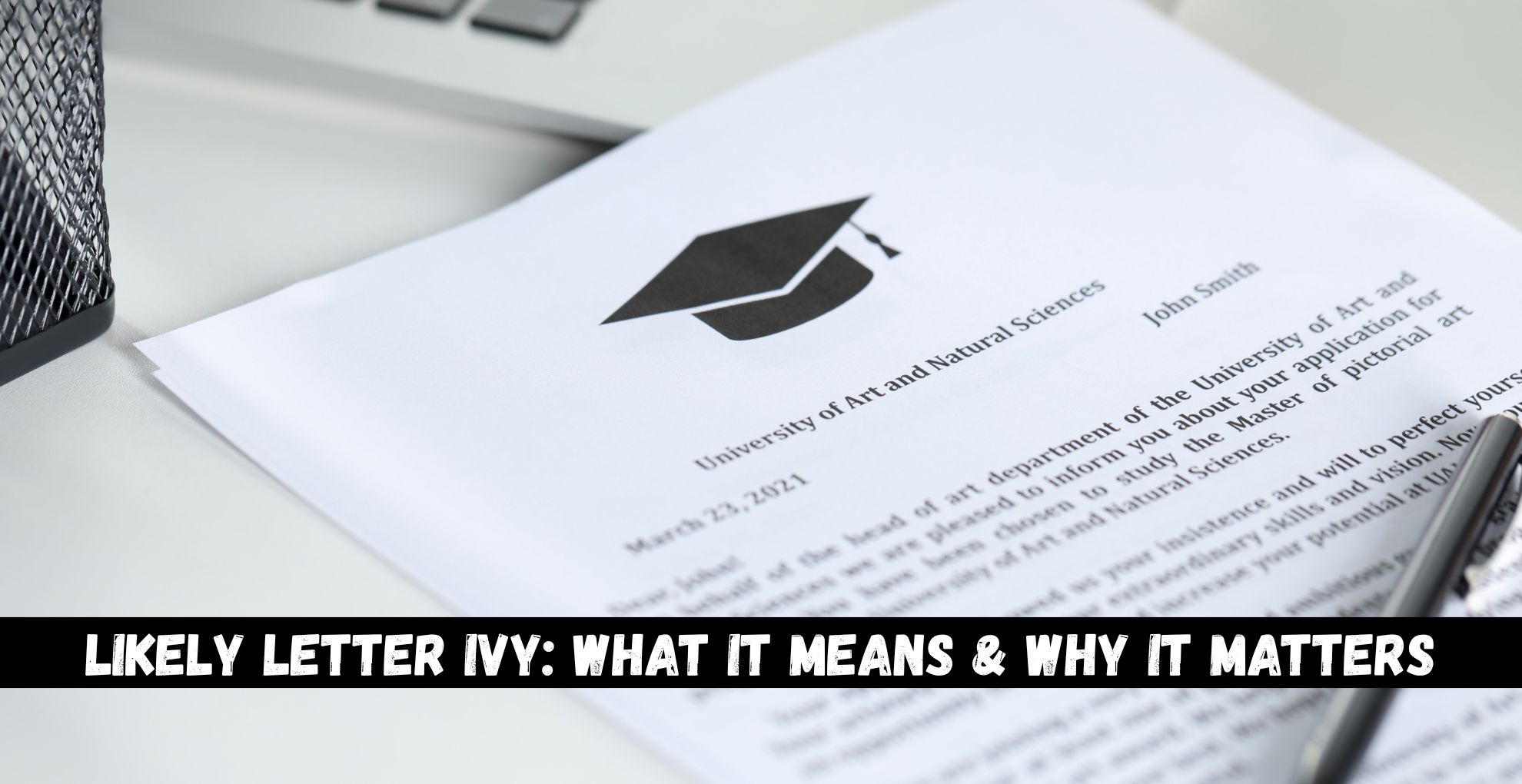Imagine this: It’s late February. You’ve been nervously waiting for college decision day like everyone else. Then, out of nowhere, an email pops up from your dream Ivy League school. You click it open, your heart pounding. It says something like, “We are pleased to inform you that you are likely to be admitted…” Congratulations! You’ve just received a likely letter Ivy.
While most students have to wait until late March or early April for regular decision results, a few lucky applicants get a sneak peek. This early notice is called a likely letter Ivy, and it’s one of the most coveted surprises in the college admissions process. But what exactly does it mean? Does it guarantee admission? And what if you don’t get one?
Let’s walk through everything you need to know about likely letter Ivy notifications, how they work, and what to do next, whether you get one or not.
Understanding the Basics of a Likely Letter Ivy
What Exactly Is a Likely Letter Ivy?
A likely letter Ivy is an early indication that you are one of the top applicants to a very selective school, usually from the Ivy League. Although it’s not a formal acceptance, it’s a good sign that you’ll be accepted when the official rulings are made. The college is essentially saying, “You’re in—we just can’t say it officially yet.”
The word “likely” refers to the likelihood that you will be admitted, provided you maintain your present level of academic achievement and good standing. Usually sent in the middle to the end of February, these letters are most frequently connected to prestigious organizations.

Key Features of a Likely Letter Ivy
- Sent before official decisions (usually mid-February to early March)
- Indicates strong interest and high probability of acceptance
- Often includes invitations to special campus events or virtual programs
- May contain encouraging language, but also a reminder to maintain good behavior and grades
A likely letter Ivy is often described as a “golden ticket”—a rare and meaningful recognition of your academic excellence and personal achievements.
Why Do Colleges Send Likely Letters?
Yield Rate Strategy
Let’s be honest: colleges, even Ivy League schools, want to be wanted. In a world where students apply to 10–20 schools at once, selective universities have to compete for the best and brightest. That’s where the likely letter Ivy strategy comes in.
Top schools want to improve their “yield rate”—the percentage of accepted students who choose to enroll. A higher yield makes a school appear more desirable, and rankings often take this metric into account. By sending out likely letter Ivy notifications to their top candidates, schools aim to boost emotional connection and increase the likelihood that those students will commit.
Staying Ahead of the Competition
Between the January application deadlines and late March decision releases, there’s a quiet window. But behind the scenes, colleges are hard at work. Some schools even worry about losing exceptional students to rival institutions. So, sending a likely letter Ivy is one way to say, “We choose you—don’t forget us when it’s time to decide.”
Likely Letters vs. Early Writes: What’s the Difference?
Not All Early Notifications Are Equal
A lot of students confuse a likely letter Ivy with an “early write.” Here’s the difference:
- Likely letter Ivy: An unofficial heads-up that you’ll probably be accepted.
- Early write: An official early acceptance, sometimes sent before the full batch of decisions.
While an early write is a done deal, a likely letter Ivy still depends on you maintaining strong grades and staying out of trouble. That said, they’re both excellent signs of your standing as a top-tier applicant.

What Does a Likely Letter Ivy Look Like?
There’s no universal format, but most likely letter Ivy messages follow a similar pattern. They’re warm, congratulatory, and very flattering. Some might be mailed, but most are sent by email today.
Here’s an excerpt from a real letter sent by Columbia University:
“We are delighted to inform you that you have earned designation as a likely candidate for admission to Columbia College… As long as you maintain your current academic progress and good standing, you can expect favorable word when decisions are released.”
They often go on to highlight your academic and personal strengths, while inviting you to connect with the school, sometimes through events or even all-expenses-paid campus visits.
What to Do If You Receive a Likely Letter Ivy
Celebrate—But Don’t Let Up
Getting a likely letter from Ivy is a big deal. You’ve earned it. But don’t use it as an excuse to coast through the rest of the year. Colleges can—and do—revoke offers if final grades drop or if disciplinary issues arise. Stay the course and finish strong.
Engage with the School
If the school invites you to visit the campus or attend a virtual event, go for it. These are chances to build relationships with future classmates, meet faculty, and deepen your connection to the school.
You can also take this opportunity to:
- Send a polite thank-you email to admissions
- Ask thoughtful questions about your intended major or academic path
- Get a feel for whether this school is truly the right fit
What If You Don’t Get a Likely Letter Ivy?
Don’t Panic
Here’s the truth: most admitted students don’t receive a likely letter Ivy. They’re reserved for a very small percentage of applicants—usually athletes, scholarship contenders, or students who completely wowed the admissions team. If you don’t get one, it says nothing about your chances.
Keep Moving Forward
Stay focused on finishing your applications, keeping your grades up, and preparing for decision day. If you do receive rejections, remember that transferring is always an option. Many students transfer into the Ivy League and top-tier schools after their freshman year.
And if you do get accepted later on without a likely letter Ivy, know that your spot is just as earned and just as valuable.
Which Schools Send Likely Letters Ivy?
Elite Institutions That Commonly Send Likely Letters
Some of the most prestigious schools send letters to Ivy League notifications, especially during the regular decision process. These include:
- Harvard University
- Yale University
- Princeton University
- Columbia University
- University of Pennsylvania
- Stanford University (non-Ivy, but comparable)
- Duke University
Each school has its process. Some send letters through email, others through formal post, and a few may even make a congratulatory phone call. Keep an eye on your inbox in February and March—you never know.

FAQs About Likely Letter Ivy
Do all Ivy League schools send likely letters?
Most do, but not all. It varies each year and depends on institutional strategy.
Is a likely letter Ivy a guaranteed acceptance?
It’s very close—but not guaranteed. As long as you maintain academic and personal standards, you’re almost certainly in.
Can a likely letter be revoked?
Yes, if you experience a severe drop in performance or violate school policies.
When are likely letters Ivy typically sent?
Usually between mid-February and early March.
How should I respond to a likely letter Ivy?
Thank the admissions office, continue excelling in school, and attend any offered events.
Final Thoughts: The Meaning Behind the Letter
A likely letter Ivy, is more than just good news—it’s a recognition of your hard work, potential, and unique qualities. It’s the college equivalent of being told, “We see you, and we’re excited about you.” But don’t let the letter—or lack of one—define your worth.
Your academic path is entirely your own, regardless of whether you receive a likely letter, Ivy. Furthermore, a lot of accomplished students have succeeded without ever receiving one. Look for the place where you can develop, flourish, and feel like you belong.




